The Intro
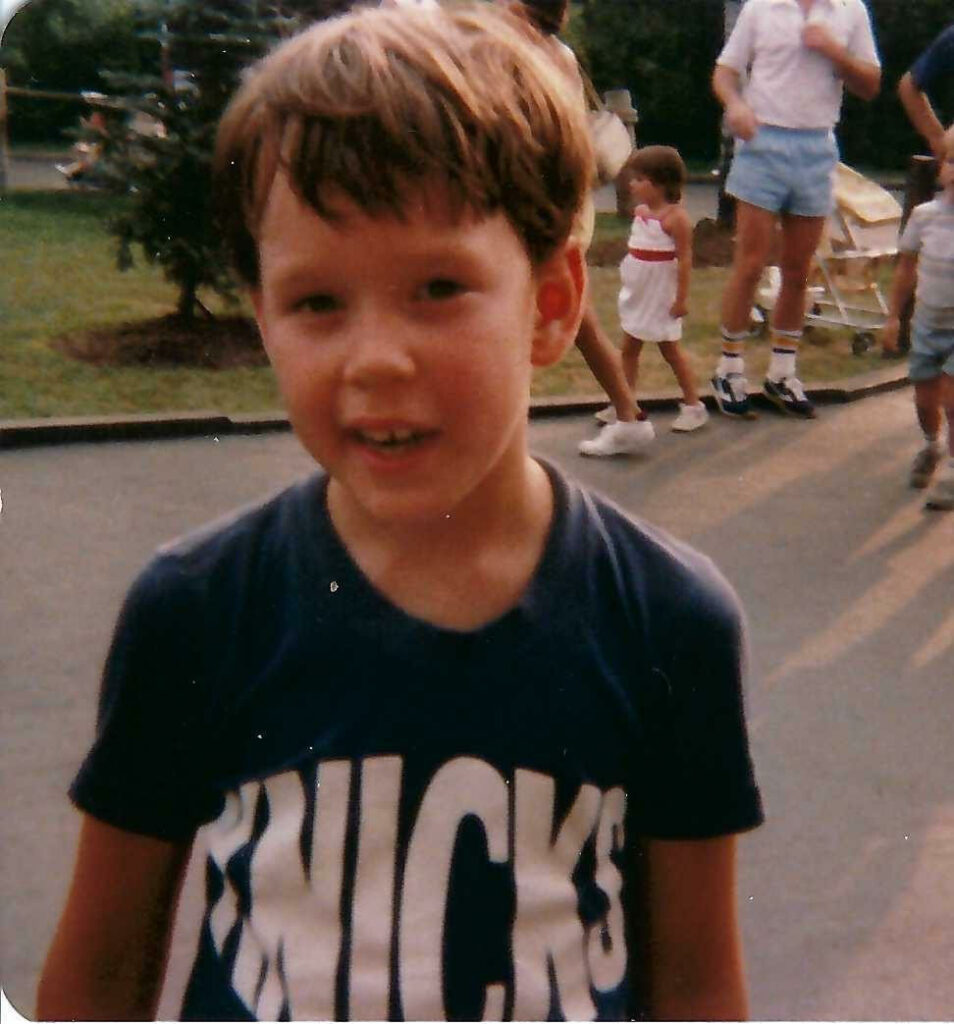
My family moved to the Cleveland area in 1983 and having moved into a racially mixed area on the southeast side I became aware of hip hop culture by my pre-teens. Our neighborhood was around the corner from Cleveland proper. It was a place full of young families, many were Black, that were moving there for a better life and affordable housing. We had moved around a few times, staying with relatives before my parents bought the house on Raymond Street. Over the next decade I would live there and become emersed into Hip Hop, mostly from word of mouth, sharing tapes, and buying my own records.
I had a babysitter who introduced me to RUN DMC, Doug E. Fresh, and to breakdancing. Having young Black woman as a musical mentor in the mid to late 1980s was culturally priceless. Her older brother, a drummer, turned me on to funk, disco, and soul music. They influenced me away from just the music that dominated most radio and the music of my parents. By 11 I was hooked on Hip Hop, listening to Cleveland and Akron college radio plus WZAK Cleveland’s own urban radio station.
My first real friend John would play basketball and bring his radio. I would stay over his grandparents’ house who lived behind my house. We’d stay up all night watching movies like The Kentucky Fried Movie and Shaft. His grandma would cook us these amazing meals of soul food and give us popcorn with Lowry’s season salt on it. Drinking Kool-Aid and trying to catch a glimpse of adult movies through the scrambled squidgy lines of the basement TV. John was older and taught me how to fight, how to talk to girls, smoke cigarettes, and play basketball. He also taught me about Hip Hop.
The soundtrack of our pick-up games was always Hip Hop. Even when I started skateboarding, in my neighborhood, was Hip Hop related. It really was our punk rock. Our parents hated it, the older folks hated it, and it was just ours, a youth movement. This was the biggest change that took place in music in the 80s-90s. In Cleveland it was a slow-moving thing but once it took hold it was everywhere. I would play basketball games all over my town, and in Cleveland. Going to parties in the neighborhoods just past I-480, which separated Cleveland from my town. I was welcomed into places I likely would never have gone. This was because I was seen as cool, based mostly on my friendships that were built on Hip Hop.
Beats, Bollywood & Basketball
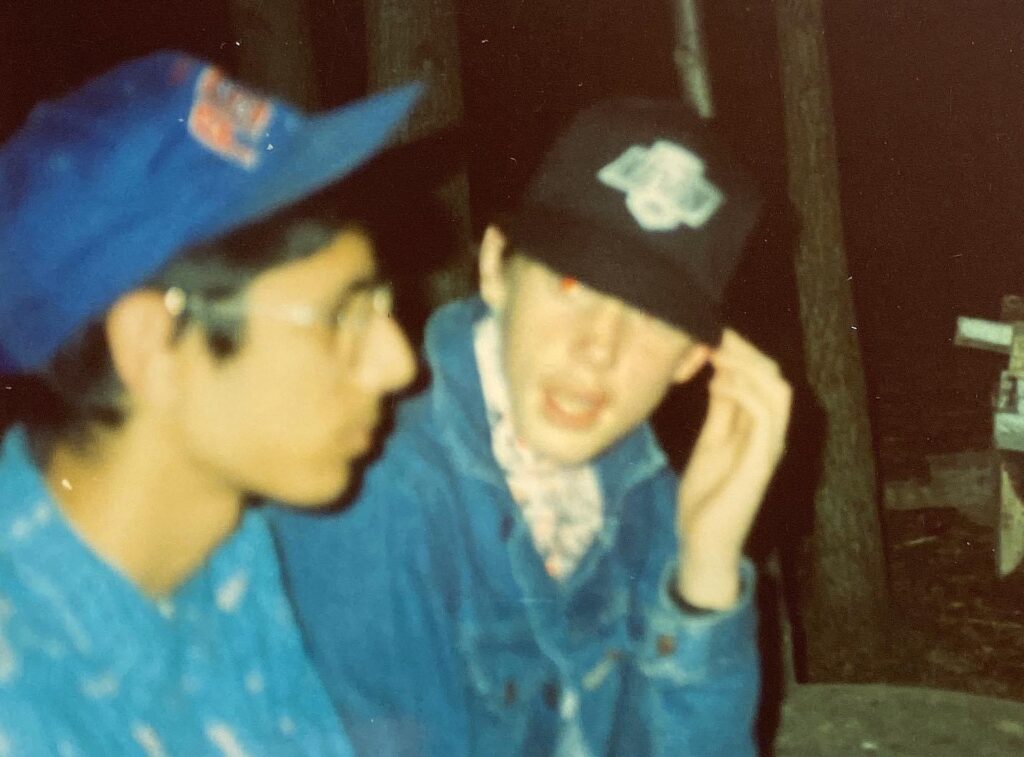
One day I met a quiet kid named Amandeep. He was recently transplanted from the Washington DC area, and his family was from India and England. Aman, his preferred name, was a hip hop aficionado. His family were Sikhs, which made him an outcast like me. I was an awkward white kid, who loved basketball and music. I was often the only white kid in a group of friends and Aman was always the only Indian kid. We became best friends quick and soon spent our time playing ball, listening to Hip Hop mix tapes, and dreaming of better days. We would have sleep overs that were filled with watching videos, learning every lyric or every song.
As I immersed myself in Aman’s Sikh Punjabi culture, enjoying the food and the Bollywood films. He loved my Italian/Hungarian culinary heritage. We both had mothers who were exceptional cooks. We saw the differences in each other as avenues to learn more. Hip Hop and basketball were something we had together—it gave us a central point to connect. Aman was the scholar of hip hop music even if he was shy and talked very little. I knew he was who I got my education from. He had a vast knowledge and a real genuine love for the music. It was the late 80’s-early 90’s.

Having traveled to the US east coast and England often, Aman’s tape collection was often ahead of Cleveland’s record stores. Within months of our new friendship, I was listening to the latest and greatest 87-88 hip hop classics. Boogie Down Productions and Public Enemy began to become the permanent rotation. Along with music it was education. I learned politics, Black history, and things I never would learn in school. It got me to read more about the Black experience.
The southeast side of Cleveland was made up of a lot of urban suburbs, racially mixed, and socioeconomically struggling—the neighborhoods were blue collar poorer communities. We were the kids growing up with more and more issues. Gangs, violence, drugs, were the big ones but unemployment, divorce, and failing schools tending to affect us even more. The escape was in the music, crowding on basement room floors to watch Yo! MTV RAPS and Rap City. We’d go to Record Exchange or Coconuts, where my first jobs were to browse albums and buy singles. The escape into music helped navigate the awkwardness of being a teen, trying to fit in, and often fighting to survive the chaos of junior high and high school.
My Grateful Re-Education
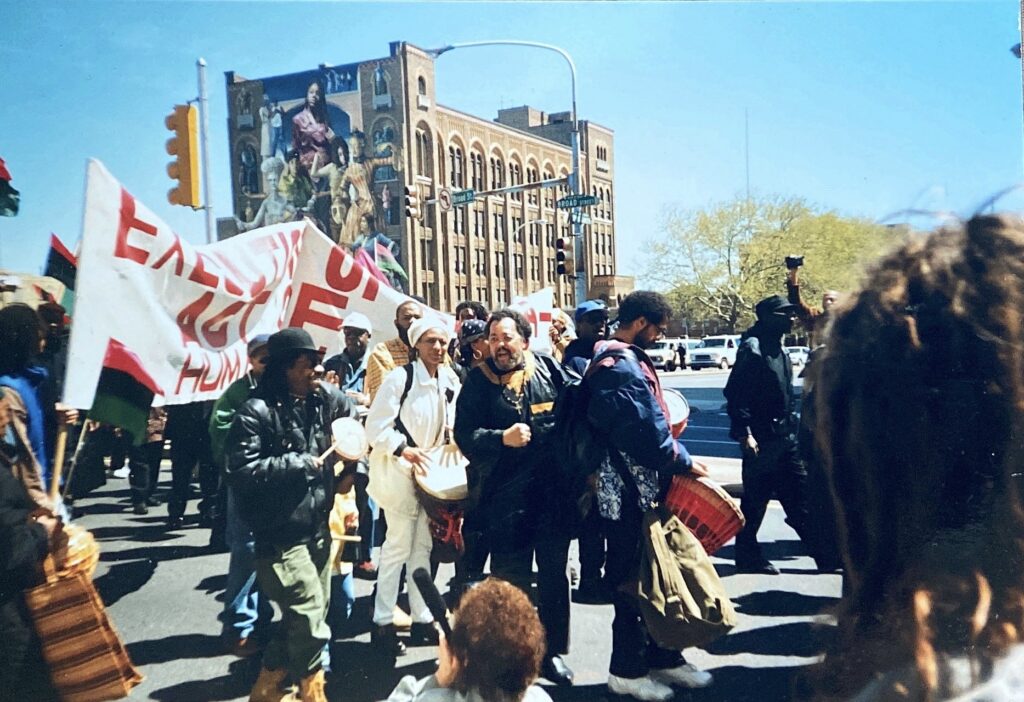
It was because of hip hop I immersed myself into Black writing Baldwin, Garvey, Malcolm X, and MLK Jr—even Iceberg Slim. It’s how I knew about the Nation of Islam and the Black Power movement, then noticed those things in my own neighborhood. Some of my Black friends’ parents would often talk about Black history, Black Power, and even Black Jesus. I would see Black Muslims handing out Nation of Islam papers when we would go into Cleveland. The names of Black leaders of movements came up in Hip Hop, especially in my favorite artist Public Enemy songs, which made them stick in my mind.
Like punk rock, it was my history teacher and my cultural awakening. Many of my Black friends were becoming more Afrocentric and interested in their roots, because of hip hop. X Clan and Jungle Brothers were like free courses in cultural anthropology and the idea of positivity. We would have discussions, debates, and just learn together not against each other. I was a goofy white boy, but I was interested in the real story. Sone friend’s parents even gave me Black literature to help me along my journey which I credit them for helping steer my consciousness. I credit Hip Hop for giving me a place to start.
All the kids in my neighborhood were trading tapes, buying shoes, clothes, and all that came with Hip Hop cultural grasp on us. My friends were Black, white, and Indian, but the differences we had were often erased through our love of Hip Hop and basketball. We embraced the NBA basketball fever that had become a huge part of the culture. Magic Johnson, Michael Jordan, and the style, the graffiti, and lingo really engulfed us all. Everything about it was just a revolution in my mind.
Even though I couldn’t claim to understand what being Black was like, I could learn and enjoy the storytelling of the artists I listened too. When the Beastie Boys came out, I felt there was a place for white kids like me but also quickly realized to do that—I had to understand my place. Stay in my lane. That meant not appropriating Black culture but respecting it and honoring it. Hip Hop was a community of people but also a culture that was Black first, Black created, and Black owned. I needed to understand my place.
Thank You Hip Hop
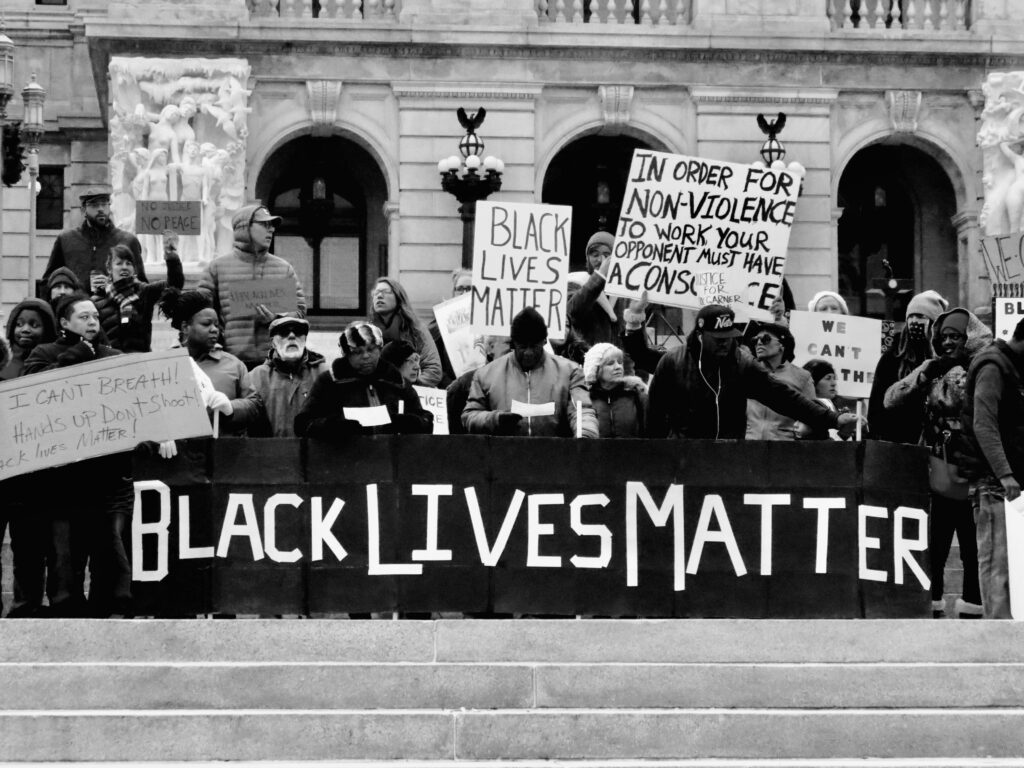
Hip hop was so central to my pre and early teens. From my babysitter Popsicle playing me Dana Dane and Doug E. Fresh on my front porch, to the moment I first heard the opening to Nas “Illmatic”, it was life changing. I was jumping around from grunge to punk to hardcore but hip hop never left my heart. Aman continued to influence me with new tapes through the early 90s. Introducing me to Tribe Called Quest, De La Soul, Wu Tang Clan, and Boo Ya Tribe. I also soaked up any and all independent college radio playing Hip Hop, staying up late to on weekends to hear DJs play their mixes. I began to go see concerts, house parties, and finally started working in record stores helped shape my musical DNA.
Truthfully, I never wanted to rap or pretend I was Black. I learned early on to respect the Black experience without trying to adopt it or worse yet claim it as my own. I knew those white kids, and I saw how they were. Most times they got roasted—rightfully so. I just was part of a movement of youth culture that embraced a style of music that was completely different. I just loved music and I loved fashion. I loved the creativity of the storytelling in Hip Hop, the artistry of graffiti, the breakdancing, and DJing. Plus, being a weird artsy emotional kid in a hyper-masculine world—I found my refuge in the music of my youth.
I learned about history and the history that I would not find in school from Hip Hop. I learned about systemic, institutional and often a conspiratorial racism that plagued nearly all parts of American society. It taught me to understand the distrust of police, then notice the differences in how I was treated as opposed to my Black friends. I understood better how marginalized people were stereotyped into boxes labeled with negative terms. I was hyper-aware of my own racism in my subconscious and at times my acrive conscienceness. I was confronted by the realities of how racism was seeped into my background and lived dormant in me.
The N-word was explained to me by a Black friend’s mother, who scolding her own sons for using it and made it clear I was to never say it. That interaction changed how I viewed the word and as a pre-teen it was a core memory. I heard the word all the time in the music but was made aware of the cultural relevancy, and the restriction on someone like me ever saying it. I truly value that education.
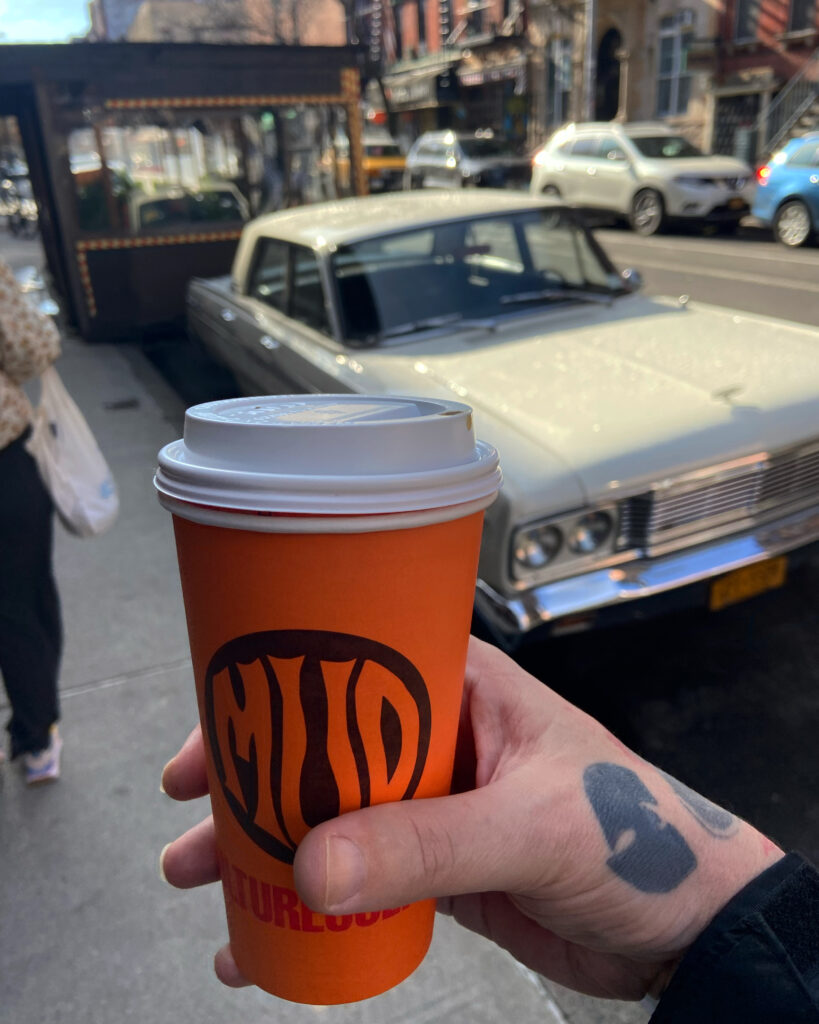
From my childhood into my adulthood, I hold Hip Hop close to my heart. I am an eclectic lover of music, so I have a lot of variety in my rotation, but Hip Hop is always included. Through this revolutionary music culture I learned about friendship, community and love. It is partly what drive me towards activism, having knowledge of issues I would otherwise not know about. From Rodney King to Colin Kaepernick, Hip Hop was a huge part of my understanding of racial issues. It has continued in my journey, as a music industry person, a pastor, and now a first-generation college graduate and graduate student. Hip Hop is a part of my DNA.
I have a Wu Tang Can tattoo that is one of my most meaningful, because it reminds me of friendships. It was a soundtrack for all my life’s struggles and triumphs, much like punk rock was there and alternative rock.
By the end of high school my parents moved out of the neighborhood. My friendships faded due to not being there, growing up and the realities of life hitting us all hard as we graduated. My old community seemed to be falling apart as families moved away, friends fell through cracks both legally and mentally. The drugs sadly took their toll on many people, including myself. Still, Hip Hop remained a beacon of light and a testament to my coming up. Aman and I even lost touch years ago—as people do. Though, our years as close friends will always be a credit to our love of Hip Hop, basketball, and each other. I cherish the time we spent growing up on the driveway basketball courts, running in the streets, and playgrounds around our dirty suburb.
Want to Know More About Jeremy Ritch?
For Jeremy’s Bio, go to our About Page! All tips from this article go to Jeremy Ritch!
Support Gen X Watch!
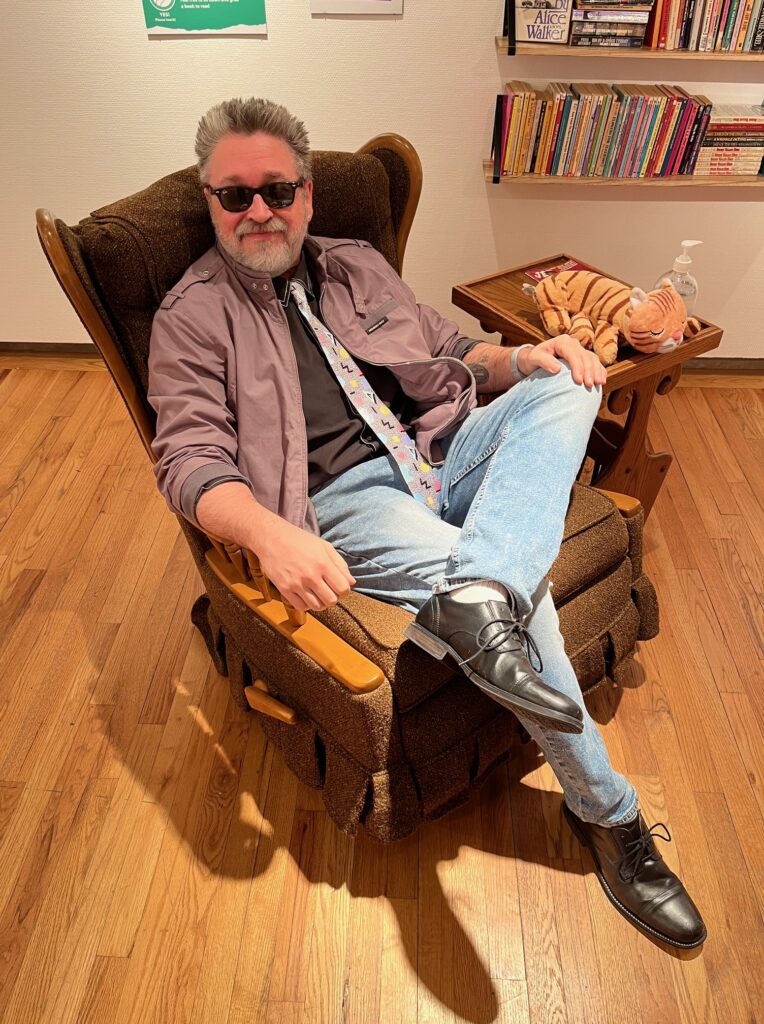
There are four ways you can do this:
1. Share this story with a friend and leave a comment.

2. Tip me! I need your support! Jeremy Ritch gets all tips from this article!
3. Become a Members Only Patreon! In the Patreon I will have unfiltered rants, exclusive content, free PDF copies of the upcoming quarterly magazine, and more.
4. Go to our store and buy the print magazine! It is art, news, and nostalgia that matters! Jeremy’s debut article is only available in the magazine.
Thank you for your support and taking the time to read this.
Stay Totally Awesome! Stay true to you.
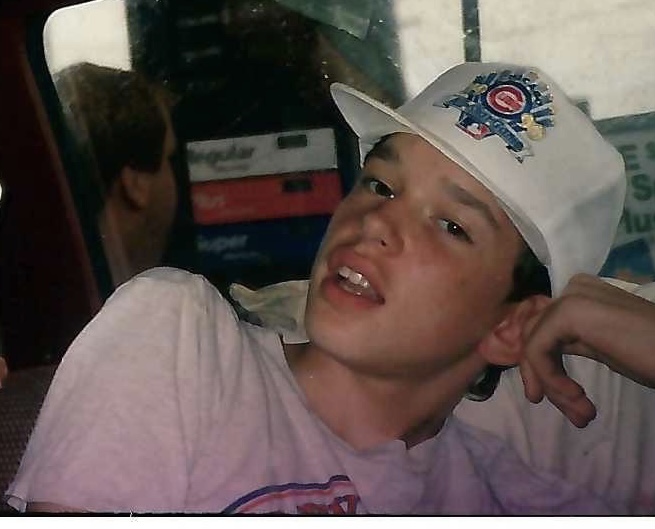
Leave a Reply